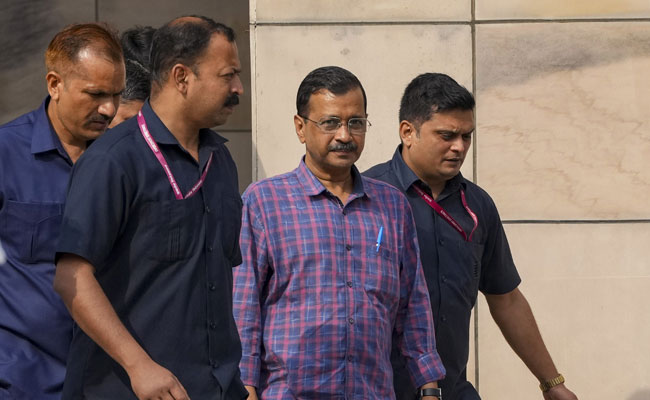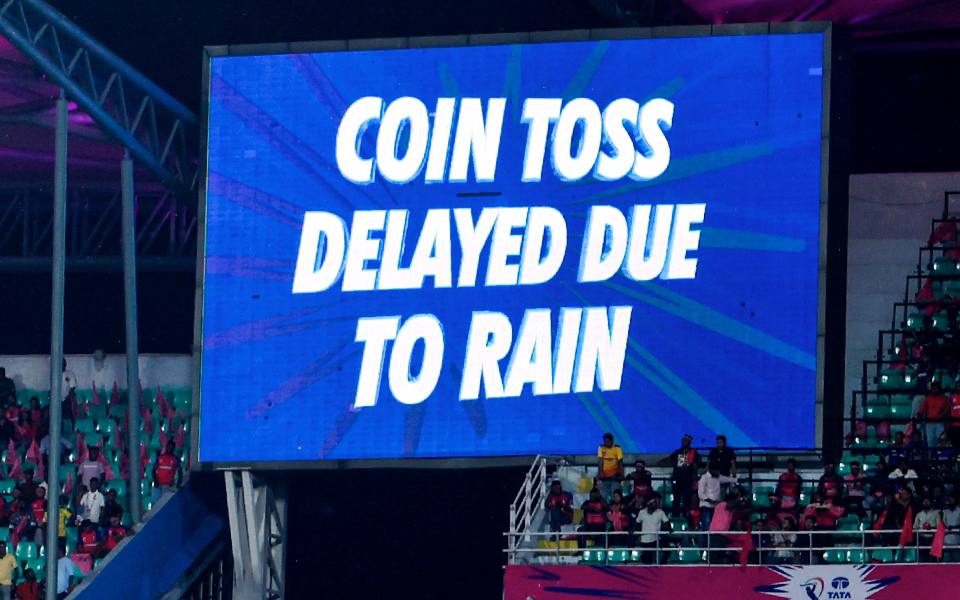New Delhi (PTI): The Supreme Court on Tuesday questioned the Enforcement Directorate (ED) over the "delay" in its probe into the excise policy-linked money laundering case involving Delhi Chief Minister Arvind Kejriwal, and asked the agency to produce case files before the arrest of the AAP leader.
A bench of Justices Sanjiv Khanna and Dipankar Datta also asked the ED to produce case files before and after the arrest of Delhi's former deputy chief minister Manish Sisodia, who is also an accused in the case.
The bench is hearing arguments on Kejriwal's plea challenging his arrest by the ED in the case.
It questioned the ED on the time taken to probe the case and noted that the agency has taken two years to unearth something
The bench also asked why relevant direct questions were not put to witnesses and accused in the case.
Additional Solicitor General S V Raju, appearing for the ED, said initially Kejriwal was not the focus of the investigation in the case and his role became clear at later stage.
He said Kejriwal had stayed in a seven-star hotel during the 2022 Goa Assembly polls and part of the bills were allegedly paid by the Delhi government's general administration department.
The bench was given a note by Raju in which he contradicted the submission of Kejriwal that the statements of approvers were suppressed by the probe agency.
The arguments in the matter are underway.
Kejriwal was arrested on March 21 and is currently lodged in Tihar Jail under judicial custody.
The top court had issued a notice to the ED on April 15 and sought its response to Kejriwal's plea against his arrest.
On April 9, the Delhi High Court had upheld Kejriwal's arrest, saying there was no illegality and the ED was left with "little option" after he skipped repeated summonses and refused to join the investigation.
The case relates to alleged corruption and money laundering in the formulation and execution of the Delhi government's now-scrapped excise policy for 2021-22.
Let the Truth be known. If you read VB and like VB, please be a VB Supporter and Help us deliver the Truth to one and all.
Thiruvananthapuram: The India Meteorological Department (IMD) on Sunday issued red alert for four districts in Kerala - Pathanamthitta, Kottayam, Idukki, and Alappuzha - forecasting extremely heavy rainfall until May 21.
As heavy rains pose potential hazards, the Kerala State Disaster Management Authority (KSDMA) has advised people to remain vigilant.
With expectations of heavy rainfall within a short timeframe, there's a risk of flash floods and urban waterlogging, particularly in low-lying areas. Landslides may also be triggered by prolonged rainfall. In light of this, authorities are urging residents, especially those in hilly and coastal regions, to exercise caution and stay alert.
The IMD has also sounded orange alert for Thiruvananthapuram and Kollam district until Tuesday.
A red alert indicates heavy to extremely heavy rain of over 20 cm in 24 hours, while an orange alert means very heavy rain (6 cm to 20 cm). A yellow alert means heavy rainfall between 6 and 11 cm.
Earlier in the day, the Idukki District Collector ordered a ban on night travel through the hilly areas of the district from Sunday until the red and orange alerts are withdrawn.
''Strict instructions have been issued to the District Superintendent of Police, Sub Divisional Magistrates, Regional Transport Officers, and Tehsildars to implement the ban effectively,'' an official statement said.




